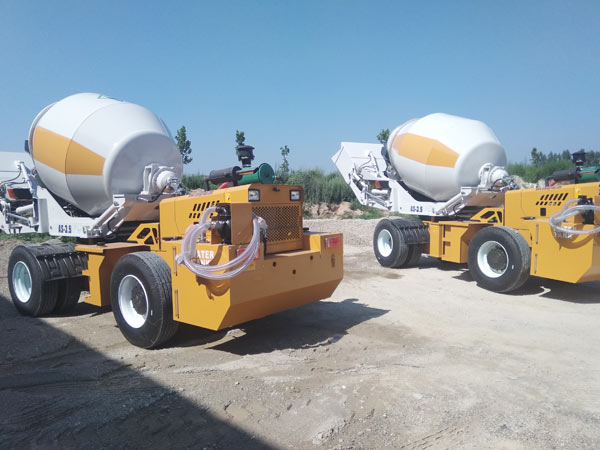If you want to go large concrete quantities simply and efficiently, a concrete mixer pump is your best option. Obtainable in electric or gasoline-powered models, mixer pumps can be used as many large and small applications. The following information will provide a review of the essentials of mixer pumps to help you determine if one suits your expections.
How Does a Concrete Mixer Pump Work?
Concrete mixer pumps work simply by using a hydraulic piston to produce pressure and force the concrete mixture throughout the pump’s hose and the nozzle. The faster you move the piston, the greater number of fluid needs through the hose. This enables for quick, easy movement of large volumes of concrete.
How Would You Work with a Concrete Mixer Pump?
The initial thing you have to do is attach the suction hose of your own pump to the location where the fluid will be originating from. This can feature a wheelbarrow, a skid loader bucket, as well as another mixer pump. Next, connect the discharge hose and nozzle(s) towards the area that you want the concrete to travel. Finally, start the pump and initiate moving the piston.
Make certain to look at simply how much pressure your pump is putting out when picking a nozzle size. Too large of the nozzle will lead to too much fluid coming out, while not big enough of any nozzle will not likely produce enough force and will require more work by you.
Do you know the Different Types of Concrete Mixer Pumps?
There are 2 types of concrete mixer pumps: self-priming and non-self priming. Self-priming models do not require a pump pit to work, while non-self-priming models could have an extra hose that needs to be linked to a pump pit for the machine to operate.
In addition there are 2 kinds of mixer pumps based on their power source: electric and gasoline. Electric mixer pumps are powered by a power outlet, while gasoline models use petrol.
Which are the Features of Using a Concrete Mixer Pump?
The most significant benefit from using a concrete mixer pump is time savings. Pouring and moving large volumes of concrete are often very labor-intensive, as you will have to mix the cement in batches before pouring it. A mixer pump eliminates this step by allowing for continuous movement and placement of fluid concrete – helping you save both time and energy! Additionally, mixer pumps are able to produce accurate quantities of concrete without the risk of segregation or layering that will happen when moving and pouring yourself.
Exactly What Are Some Common Uses of Concrete Mixer Pumps?
Concrete mixer pumps are most commonly found in large construction projects, but may also be very beneficial for smaller jobs. Some common uses include cementing a foundation, pouring a slab or driveway, and also creating retaining walls.
When choosing the right concrete mixer pump to meet your needs, it is vital to take into account the type of project you will end up using it for and the size and power of your machine. Make sure to talk to a sales representative for those who have any queries – they can assist you in finding the ideal concrete mixer pump for your next project!



